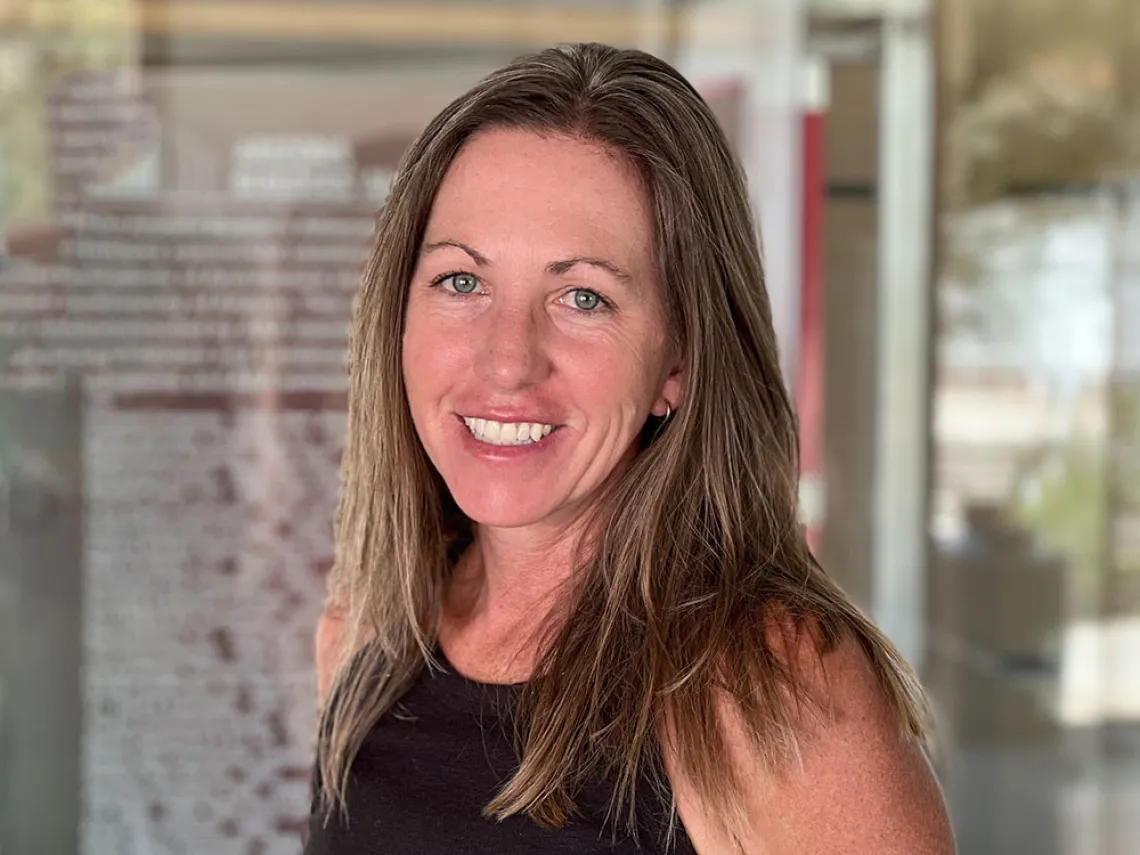Office of the Provost Grants Senior Lecturer Laura Carr $200,000 for Native People's Design Coalition

Laura Carr, Senior Lecturer in Architecture
College of Architecture, Planning & Landscape Architecture’s Senior Lecturer in Architecture Laura Carr was part of the team that received a $200,000 grant for the Native People’s Design Coalition from the Office of the Provost.
Carr, alongside Claudia Nelson, Trent Teegerstrom, and N. Levi Esquerra, was awarded the grant. She is a founding member of the Native Peoples Design Coalition, where she collaborates with tribal communities on sustainable and resilient built environment planning and design.
The Provost’s Investment Fund received 63 outstanding proposals and approved 10 for funding. A total amount of $1,572,600 was granted for two years. They seek proposals that are "innovative, aspirational, and explicitly aligned with the University's strategic plan and institutional priorities.”
“This is an exciting initiative that builds on the work of several faculty and students, over many years, and falls squarely in our commitment to advance our land grant status,” says CAPLA Dean Nancy Pollock-Ellwand.
Laura Carr is a senior lecturer in the School of Architecture, with over 15 years of experience in professional practice. Her extensive background includes work as a project manager for the Drachman Institute and the manager of Drachman's Architecture Technical Assistance Program. In 2007, Laura transitioned to residential project design with Taylor Design Build and later became a project architect at Nelsen Partners in 2011, specializing in mixed-use retail, office, and hospitality projects. She returned to teaching in 2017, focusing on cross-disciplinary instruction and community outreach within CAPLA and the university. She serves as chair of the school's Practice Stream, is a member of the Drachman Institute Faculty Executive Board, and is a Dean’s Equity and Inclusion Initiative Fellow.



